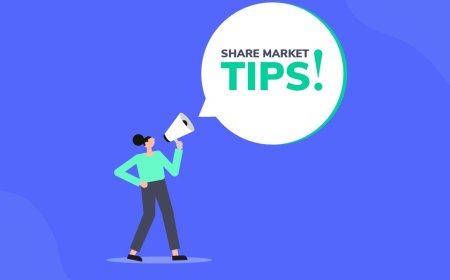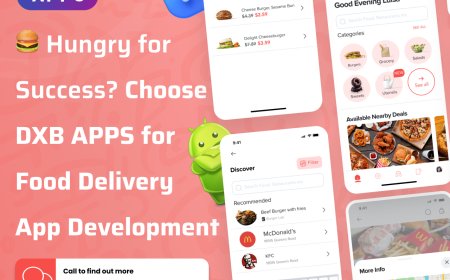What Is Lead in Marketing and Why Does It Matter?
In the world of marketing, the term "lead" is used frequently, but what is lead in marketing? More importantly, why is it such a critical component in the success of any business? Understanding what a lead is in marketing is the first step toward building effective strategies that convert interest into revenue.
Defining a Lead in Marketing
A lead in marketing refers to an individual or organization that has shown interest in your product or service in some form. This interest could be expressed by filling out a form, signing up for a newsletter, downloading a free resource, or simply engaging with your content online. Essentially, a lead is a potential customer who has entered your sales funnel and may eventually make a purchase.
However, not all leads are created equal. There are various types of leads depending on their level of interest and engagement. These typically include:
-
Cold Leads People who may not yet be aware of your brand or are not actively seeking your product.
-
Warm Leads Individuals who have engaged with your brand but are not ready to buy.
-
Hot Leads Potential customers who have shown strong interest and are close to making a purchasing decision.
Why Are Leads Important in Marketing?
Leads are the lifeblood of any marketing and sales operation. Without leads, a business would struggle to grow or even sustain itself. Here's why they are so vital:
-
Customer Acquisition
Every paying customer starts as a lead. The more leads you generate, the greater your chances of converting them into actual customers. -
Sales Forecasting and Growth
By tracking the number and quality of leads, businesses can forecast sales more accurately and plan for future growth. -
Return on Investment (ROI)
Marketing strategies such as email campaigns, pay-per-click ads, and social media promotions are often designed to generate leads. Measuring lead conversions helps marketers understand the effectiveness of their campaigns and optimize ROI. -
Audience Insight
Leads provide valuable information about your target audience, such as preferences, behaviors, and demographics. This insight allows for better segmentation and personalization in future marketing efforts.
How Are Leads Generated?
Lead generation is the process of attracting and converting strangers into interested prospects. Here are a few common methods:
-
Content Marketing Creating valuable content like blogs, eBooks, and videos to draw in prospects.
-
Search Engine Optimization (SEO) Optimizing content for search engines to drive organic traffic to your website.
-
Social Media Marketing Using platforms like Facebook, LinkedIn, and Instagram to connect with potential leads.
-
Email Marketing Reaching out to subscribers with offers, updates, or educational content.
-
Paid Advertising Using Google Ads, Facebook Ads, and similar platforms to drive targeted traffic.
What Happens After You Get a Lead?
Once you have a lead, the goal is to nurture them until they're ready to make a purchase. This process involves providing relevant and timely information to guide them through the buyers journey. Techniques such as email drip campaigns, retargeting ads, and personalized content play a crucial role here.
Leads are often scored based on their level of engagement and interaction with your brand. High-quality leads those who actively engage with your content and express intent to buy are prioritized for follow-up by the sales team.
Conclusion
So, what is a lead in marketing? Simply put, its a potential customer who has shown interest in your business. But beyond the definition, leads are a foundational element of every successful marketing strategy. Generating and nurturing leads effectively can mean the difference between business stagnation and scalable growth. By understanding what leads are, how to attract them, and what to do once you have them, marketers can build strong pipelines that fuel long-term success.








































